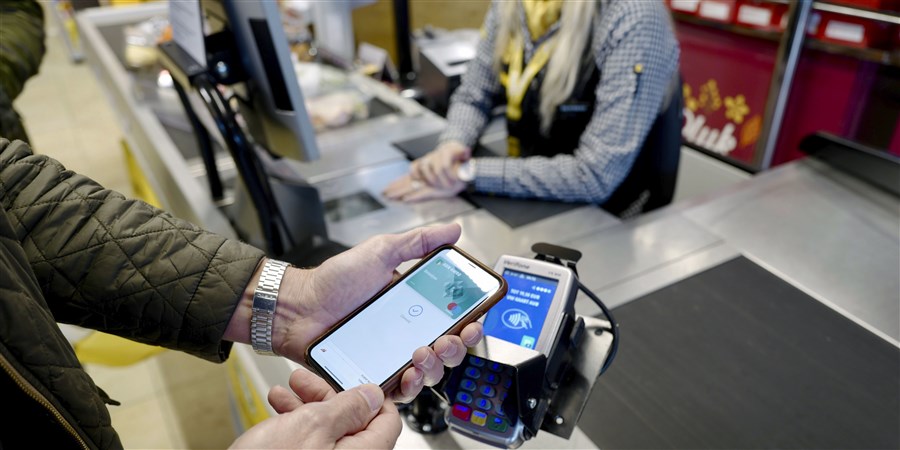fusion_power
Advanced Member
At least the GPU-market is relaxing more and more. Including tons of used Cards from Crypto-Mining-Farms.
And somehow I get more and more under the impression, that China itself has no shortage of Chips, Hardware or anything we were affected from. Can it be they hoard all the fancy stuff for themself? I see no shortage of new Devices comming out of China, we see new Smartphones, PC's, Laptops, and (gaming) Handhelds. They find their way to us, no problem. But while the western Industry still suffers from global Chip shortage, it seems China and Asia itself can produce everything like before the crisis. Interesting.
And somehow I get more and more under the impression, that China itself has no shortage of Chips, Hardware or anything we were affected from. Can it be they hoard all the fancy stuff for themself? I see no shortage of new Devices comming out of China, we see new Smartphones, PC's, Laptops, and (gaming) Handhelds. They find their way to us, no problem. But while the western Industry still suffers from global Chip shortage, it seems China and Asia itself can produce everything like before the crisis. Interesting.


